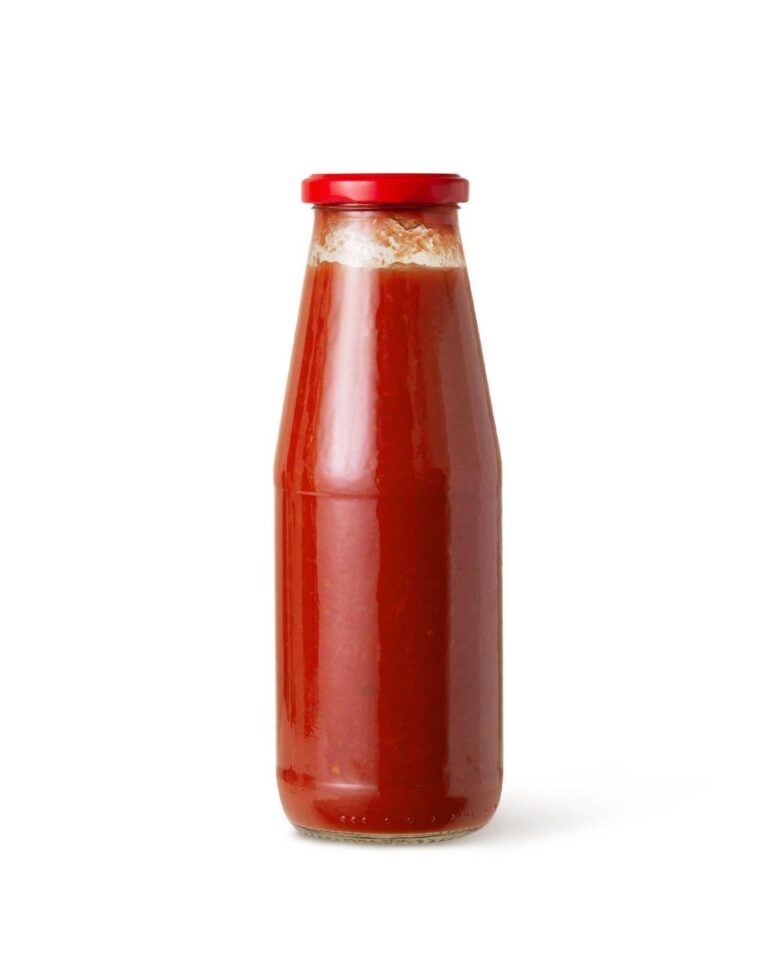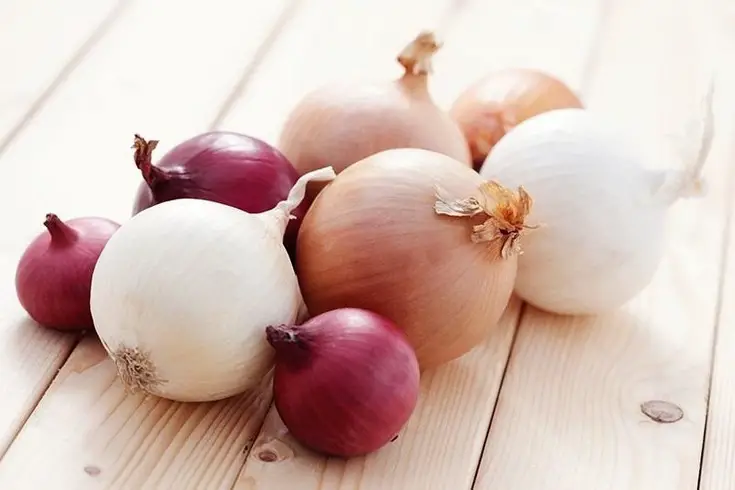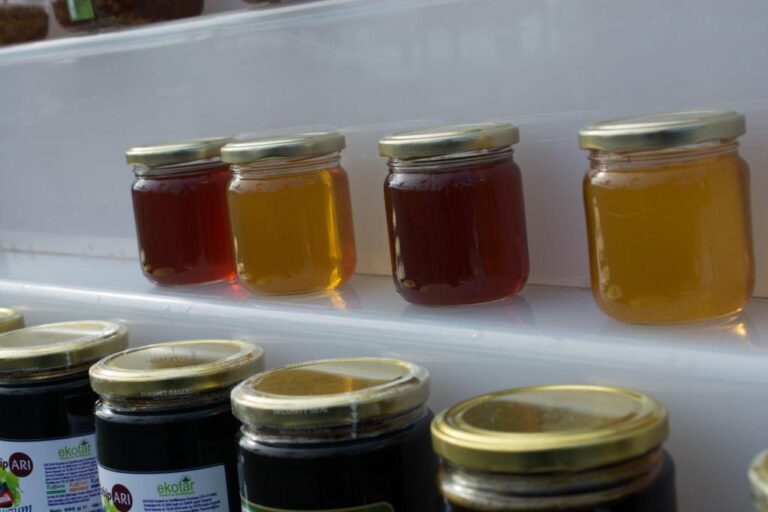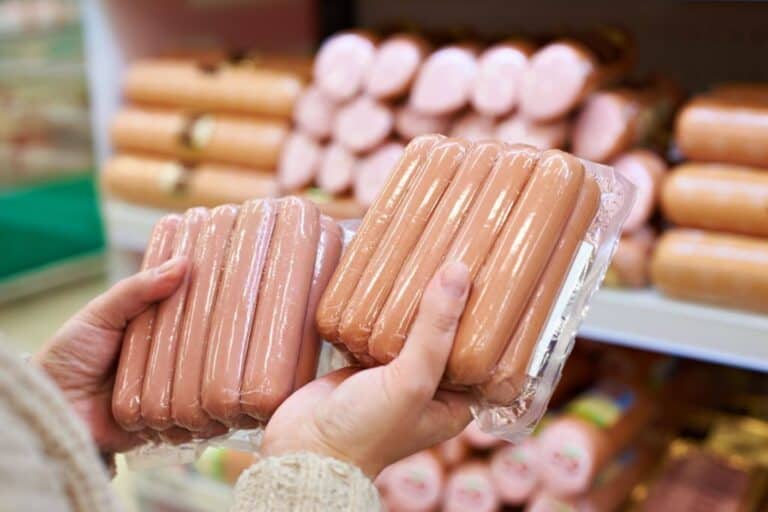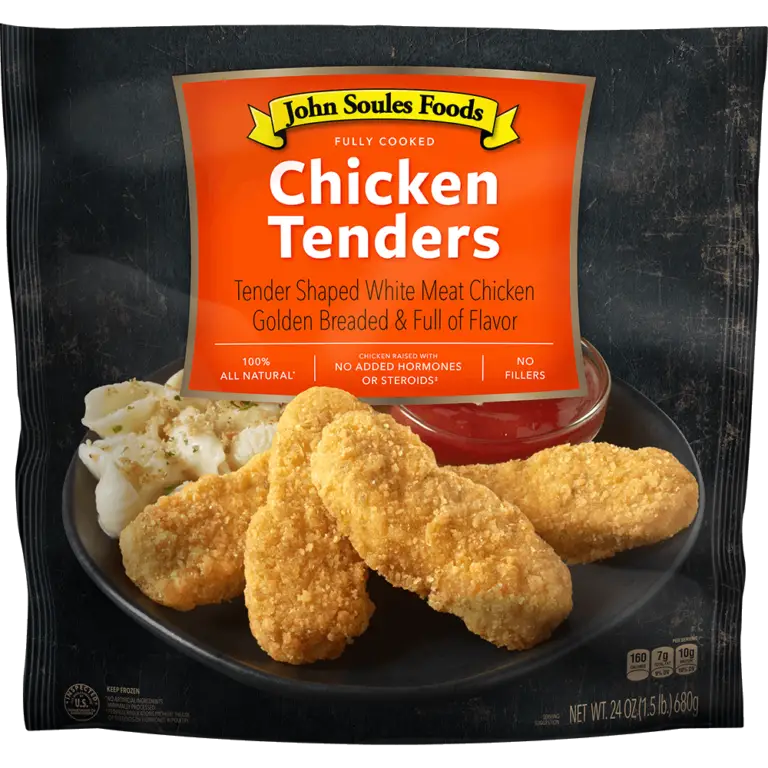Can You Eat Vanilla Extract Raw? (Does It Need to Be Cooked?)
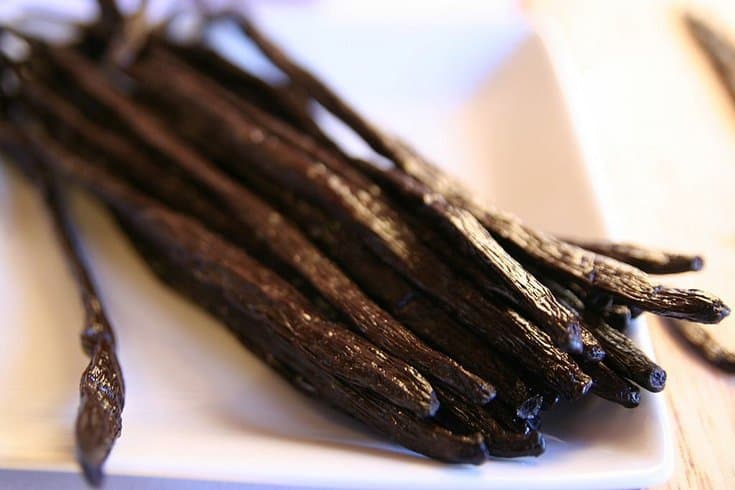
Vanilla extract is derived through the maceration and subsequent filtering of vanilla bean pods in an ethanol and water solution. It is a crucial ingredient that gives the taste of meals and drinks, cakes, biscuits, medications, and fragrances.
Vanilla extract can be either natural or synthetic (imitation). Natural vanilla extract is costly and in high demand, but imitation vanilla extract is widely accessible and less expensive.
Pure natural vanilla extract is derived from a delicate and difficult-to-grow plant. Most of them are also grown in Madagascar, which has been hit by a number of natural disasters. This is why the price is so expensive.
Can you eat vanilla extract raw? Yes. When consumed raw and uncooked, vanilla extract poses no health risks. It’s best to flavor other foods by adding it, though. It can cause intoxication since it includes ethanol. Some people may also be allergic to it, which can cause headaches, digestive issues, and breathing problems.
What Is the Taste of Raw Vanilla Extract Like?
The raw vanilla extract itself tastes a little bitter. When you taste pure vanilla extract, the flavor of vanilla might be a little overpowering, as it is a rather intense flavor. But the majority of what you taste is alcohol.
It tastes bitter and bland on its own for the same reason that any concentrated extract does. It should be used to flavor other meals rather than be eaten on its own.
The same is true for most spices. Who consumes black pepper on its own? It is not grown to be consumed on its own, but rather as a spice to enhance other meals.
In both cases, flavoring other foods is what these substances excel at, not serving as ends unto themselves.
What is the Nutritional Value of Raw Vanilla Extract?
Raw vanilla extracts include minerals such as calcium, magnesium, phosphorus, and potassium. These work as antioxidants, assisting in the prevention of chronic illnesses such as strokes and heart attacks.
When used in baking recipes, one teaspoon (per serving) of raw vanilla extract typically contains:
12 calories.
3 milligrams of protein.
3 milligrams of fat.
531 milligrams.
531 milligrams of sugar.
So overall, the ingredients of raw vanilla extract are good for our bodies.
Is Vanilla Extract Healthy to Eat?
Yes, vanilla extract is a healthy way to add flavor to food. However, there is limited research on the health effects of vanilla extract.
Some potential benefits of vanilla extract include improved blood sugar control and reduced inflammation. Additionally, vanilla extract has a high antioxidant content, which may help protect against cell damage. Using vanilla as a sugar alternative can help you live a healthier lifestyle by lowering high blood glucose levels.
Below, you will learn about raw vanilla extract’s health benefits for your body.
Raw Vanilla Extract’s Health Benefits
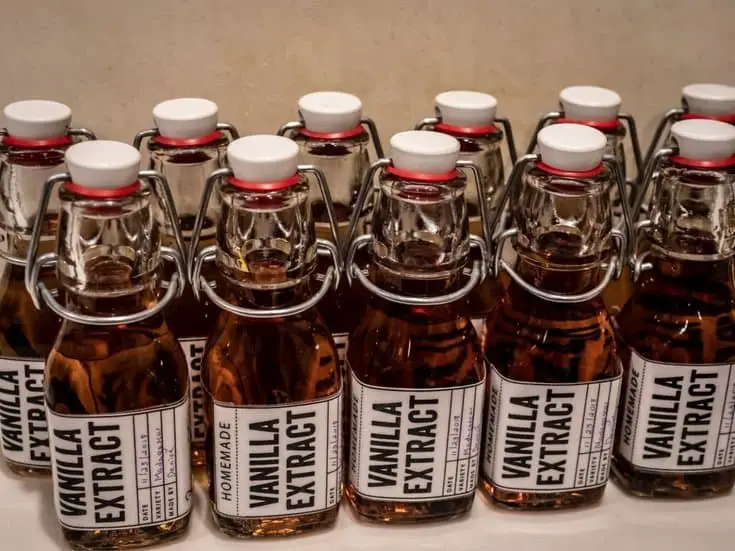
The health benefits of vanilla extract include strengthening the immune system, preventing heart disease, reducing stress and anxiety, and treating respiratory illnesses naturally.
Raw vanilla extract is a natural remedy for your general health. Antioxidants found in it are plentiful and guard your body against the damage caused by free radicals. This will help protect your skin from UV rays, breakouts, and acne.
The scent of vanilla extract can be applied in treatment to reduce tension and anxiety, soothe the nervous system, and calm the body. Newborns, particularly those who were delivered preterm, may experience less crying as a result of the soothing impact.
The alcohol in the vanilla extract can be used as a natural treatment to treat toothaches. All you need to do to relieve the pain is add a few drops to the impacted region of your tooth. Before you seek a permanent remedy from a dentist, this may provide you with short-term comfort.
People aiming to control or reduce their weight may benefit from raw vanilla extract’s low calorie and carbohydrate content. You can use vanilla extract instead of sugar. This can help lower high blood sugar levels and help you live a heart-healthy life.
It can aid in the strengthening of your hair by reducing the number of split ends and boosting the condition of your scalp. This will solve your hair issues and encourage hair and follicle development. Vanilla extract has also been demonstrated in studies to help reduce heart attacks. This is done by decreasing your cholesterol levels, preventing artery inflammation, and avoiding blood clots, all of which will improve blood flow and speed up your metabolism.
A spoonful of raw vanilla extract combined in warm water will help ease respiratory problems such as coughing and colds. It can help stop and treat irritation and inflammation in the throat. Drinking vanilla extract can help keep throat infections from happening. However, it’s always wise to see a doctor if the discomfort doesn’t go away.
Additionally, it may be used as a natural medicine to ease inflammation in the digestive tract as well as digestive disorders such as diarrhea and upset stomach. Your whole digestive health will benefit from this.
What Happens When You Boil or Cook Vanilla Extract?
When you boil or cook vanilla extract, the alcohol in it starts to evaporate. The water and other ingredients in the extract will start to heat up and will eventually turn into vapor. This leaves behind a thick, syrupy substance in the end.
The alcohol will then start to evaporate as well and will be carried away with the vapor. This leaves the flavor behind, which is why cooked vanilla extract tastes different from regular vanilla extract.
Can You Cook the Alcohol Out of Vanilla Extract?
The answer is yes. In fact, you can cook the alcohol out of most extracts. This is great news for people who want to avoid drinking alcohol or for those who are cooking for someone who cannot have alcohol.
In the case of vanilla extract, cooking and heating will cause the vanilla to evaporate along with the alcohol, which degrades the vanilla flavor itself.
Most extracts contain a small amount of alcohol. However, when you cook with them, the alcohol cooks off. There is a very small amount of flavor loss with cooked extracts, but it is minimal. In fact, most people cannot tell the difference.
If you are looking for an extract that does not contain any alcohol, there are a few options available. You can find vanilla and other extracts made with water or glycerin. These extracts are safe to use in any recipe.
Use imitation vanilla extract flavor or real vanilla extract from vanilla pods as alternatives if you’re still having issues with the alcohol.
If it’s accessible where you live, you may also try vanilla paste. Although it costs more and takes longer to prepare than extract, it has a fantastic taste and is less alcoholic-tasting.
Conclusions
Raw vanilla extract is a flavoring solution created by combining vanilla beans and alcohol. It can be either pure or synthetic (imitation) vanilla extract.
Adding vanilla extract to your dish is healthier than eating it raw or uncooked. Some people may experience an allergic reaction, and it may also make you feel drunk. It has alcohol-like effects thanks to its ethanol concentration.
Adding vanilla extract to your dish is healthier than eating it raw or uncooked. Some people may experience an allergic reaction, and it may also make you feel drunk. It has alcohol-like effects thanks to its ethanol concentration.
It has low-calorie content and includes minerals including calcium, magnesium, phosphorus, and potassium, making it perfect for persons seeking to control their weight.
In conclusion, while raw vanilla extract is not a food that you would want to eat in large quantities, it is safe to consume in small amounts. If you are interested in adding vanilla extract to your diet, try using it in smoothies, yogurt, cereal, and other recipes.

